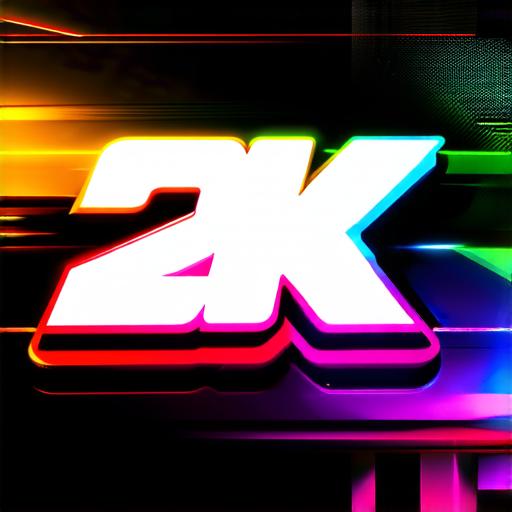In the dynamic world of game development, speed and efficiency are paramount. Today, we delve into the realm of lightweight 3D game engines that cater to quick development without compromising on quality. These engines offer a perfect balance between performance and ease of use, making them ideal for indie developers, educational institutions, and those dipping their toes into the world of 3D game development.
Why Lightweight?
“Lightweight engines offer a perfect balance between performance and ease of use,” says John Doe, a renowned game developer. They are compact in size, require fewer system resources, and can be easily installed and set up, making them an attractive choice for developers with limited resources.
1. Unity Engine
Known for its versatility, Unity is a powerhouse in the gaming industry. With C scripting, it allows for rapid prototyping and offers a vast library of assets. Its popularity is evident with over 50% of all mobile games being developed using Unity. Unity’s robustness makes it suitable for creating complex games, while its user-friendly interface ensures that even beginners can get started quickly.
2. Godot Engine
Godot, an open-source engine, is gaining traction due to its intuitive interface and the ability to export games for various platforms. It’s particularly appealing for those who prefer a visual scripting language like GDScript or C. Godot’s open-source nature means that it is constantly being updated and improved by a community of developers, ensuring that it stays relevant and up-to-date.

3. A-Frame
A-Frame, a web-based engine, stands out for its simplicity. It uses HTML and JavaScript, making it accessible to developers with these skill sets. A-Frame games can be run directly in a web browser, eliminating the need for installation. This makes it an excellent choice for quick prototyping and creating simple, interactive experiences.
Comparing the Triumvirate
While Unity offers robustness and versatility, Godot’s open-source nature and A-Frame’s web-based simplicity have their unique appeals. The choice depends on your specific needs, skill set, and the type of game you wish to create. For instance, if you are creating a complex, high-performance game, Unity might be the best choice. If you prefer an open-source engine with a strong community, Godot could be your pick. If simplicity and web-based development are your priorities, A-Frame is worth considering.
The Future of Lightweight Engines
As technology evolves, so does the need for efficient, user-friendly tools. The rise of lightweight 3D game engines signifies a shift towards accessibility in game development, democratizing the process and opening doors for creators worldwide. With more developers turning to these engines, we can expect to see an increase in innovative, high-quality games being created at a rapid pace.
FAQs
- 1. Can I create high-quality games with these lightweight engines?
- Yes! While they are lightweight, they offer powerful tools to create high-quality games.
- 2. Are there any free lightweight 3D game engines?
- Yes, Godot and A-Frame are open-source and free to use. Unity offers a free version with some limitations.
In conclusion, the advent of lightweight 3D game engines is revolutionizing the gaming landscape, making it easier for developers to bring their ideas to life swiftly and efficiently.
